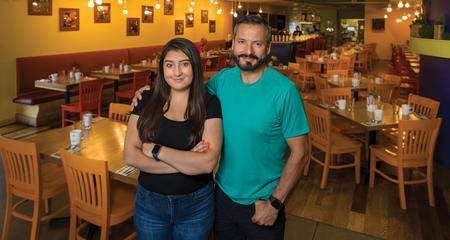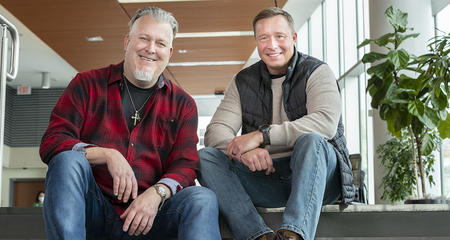It’s been said it is better to give than receive. What isn’t often said is that it’s also much easier. Receiving kindness and compassion when illness occurs can be difficult for many patients. Receiving is an equally noble endeavor and provides an essential element for well-being.
I know a man who is tough and careful to not show his emotions to almost anyone. When he was ill and hospitalized years ago, friends, family and colleagues flooded the hospital with visits, cards and prayers. He wasn’t much on being vulnerable or expressing gratefulness but this event changed him. As a few visitors turned into dozens, this strong-minded and strong-willed man began to tear up when people just stopped by to say hello. Although the situation was serious, he wasn’t dying and many years lay ahead for him. The outpouring of kindness was difficult for him to process. These were acts he had commonly offered but never received. Once home, he sat and penned a hand-written note to each person who had come by to encourage him. It took weeks to complete all the notes, but he was back in his comfort zone of giving rather than receiving.
“I have found that among its other benefits, giving liberates the soul of the giver,” said Maya Angelou. In order to gain such a blessing, we must also understand the role of receiving.
Questioning whether one “deserves it” lets the beauty of the selfless or often simple act slip away. We all should pause and realize those who care about us want to help. Rather than protecting them, pushing them or marginalizing them, perhaps we should simply love and thank them – drawing true strength from them. So often, they not only want to help but they also need to as it is what they have to offer. They deserve to know that they’re heard, appreciated and treasured.



